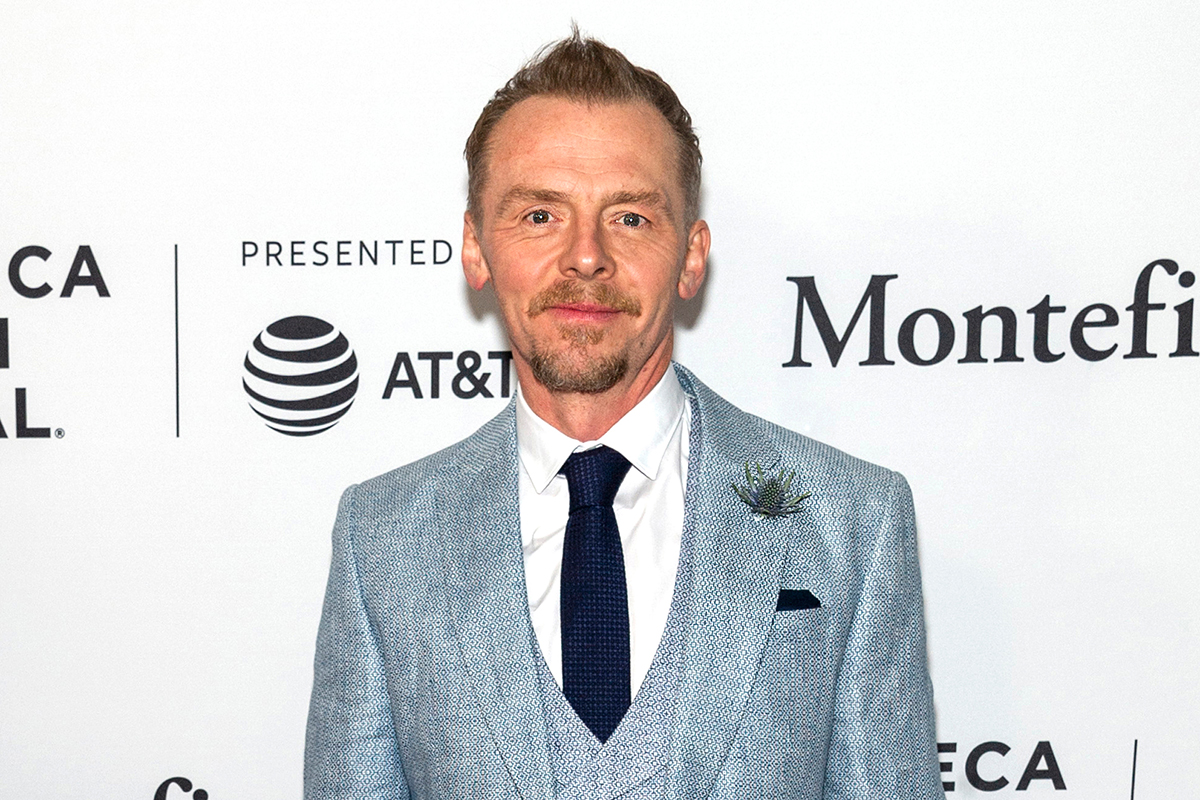This website uses cookies so that we can provide you with the best user experience possible. Cookie information is stored in your browser and performs functions such as recognising you when you return to our website and helping our team to understand which sections of the website you find most interesting and useful.
Why 120 millionaires are calling for international tax reform since the World Economic Forum
By Michelle Johnson | 3 February 2020 | Culture, Wealth,
Simon Pegg and Julian Richer tell Tempus why they have joined a campaign to raise taxes for HNWs

Hosted in the idyllic ski resort of Davos, the World Economic Forum made headlines this year for its overwhelming focus on the climate crisis. Speakers included the Prince of Wales and 17-year-old environmental activist Greta Thunberg, who both argued for economic change and immediate action against climate change, while US President Donald Trump was another notable attendee, addressing delegates on America’s economic boom.
Yet for some of the world’s wealthiest, the action promised was not enough. More than 120 millionaires and billionaires used the event to launch their campaign, Millionaires Against Pitchforks. With an open letter calling for international tax reform, they warned that tax evasion has reached “epidemic proportions”.
The campaign aims to increase and enforce taxation of UHNWs around the world in order to use that income to tackle inequality and address the climate crisis. The open letter, entitled ‘Taxes or pitchforks’, warned that “at the low end, at least $8 trillion – almost 10% of the world’s GDP – is hidden in tax havens”. It urged UHNW individuals to “demand higher and fairer taxes on millionaires and billionaires within your own countries and to help prevent individual and corporate tax avoidance and evasion through international tax reform efforts.”
Signatories include Disney heiress Abigail Disney, US Ambassador Alan Solomont, actor Simon Pegg (right), screenwriter Richard Curtis, Innocent Drinks co-founder Richard Reed and British-Sudanese billionaire Mo Ibrahim. British entrepreneur Julian Richer was another UK multimillionaire calling for higher taxation.
“The rich have never been better off, and those who want to hide their wealth from taxation have never had more opportunities to do so,” he told Tempus. “This level of inequality simply isn’t sustainable. >>

“If we keep allowing the wealthiest corporations and individuals to deprive governments of billions of dollars in tax revenue, we are never going to be able to build a world equipped to deal with global crises like climate change and poverty. We’re at a tipping point, and the time to speak up is now,” he said.
Richer hit the news last year for handing over control of his hi-fi retailer Richer Sounds to its staff by transferring 60% of his shares into an employee ownership trust, and offering cash bonuses to the chain’s 531 employees. In his 2018 book The Ethical Capitalist, Richer laid out his method of making business work for society, calling for a “kinder” form of capitalism. The feeling is echoed by his fellow signatories, including actor and screenwriter Simon Pegg.
“We live in a world where just 22 men have the same wealth as all 325 million women in Africa combined,” said the British Mission: Impossible star. “It’s a responsibility for all of us who are fortunate enough to be wealthy to do our bit, pay our fair share and make sure that the people struggling to survive have a better chance at building a better life.”
The US group behind the open letter, the Patriotic Millionaires, was founded in 2010 and is chaired by former BlackRock executive Morris Pearl. This is the organisation’s first international campaign but, according to Iranian-Danish businessman Djaffar Shalchi, gathering international interest from the financial elite was no mean feat. “The feedback was they didn’t want to sign it,” Shalchi told US business news channel CNBC. “Most rich people are scared to sign something like that.”
However, the group hopes that more millionaires will join their cause and take matters of economic inequality into their own hands. “Inequality isn’t inevitable, it’s a policy choice,” Pegg wrote in The Times. “It’s the product of governments passing policies that favour the very wealthy at the expense of the less fortunate.”
It would seem these policies may soon be forced to change in favour of a changing social climate – with the world’s wealthiest leading the charge.







